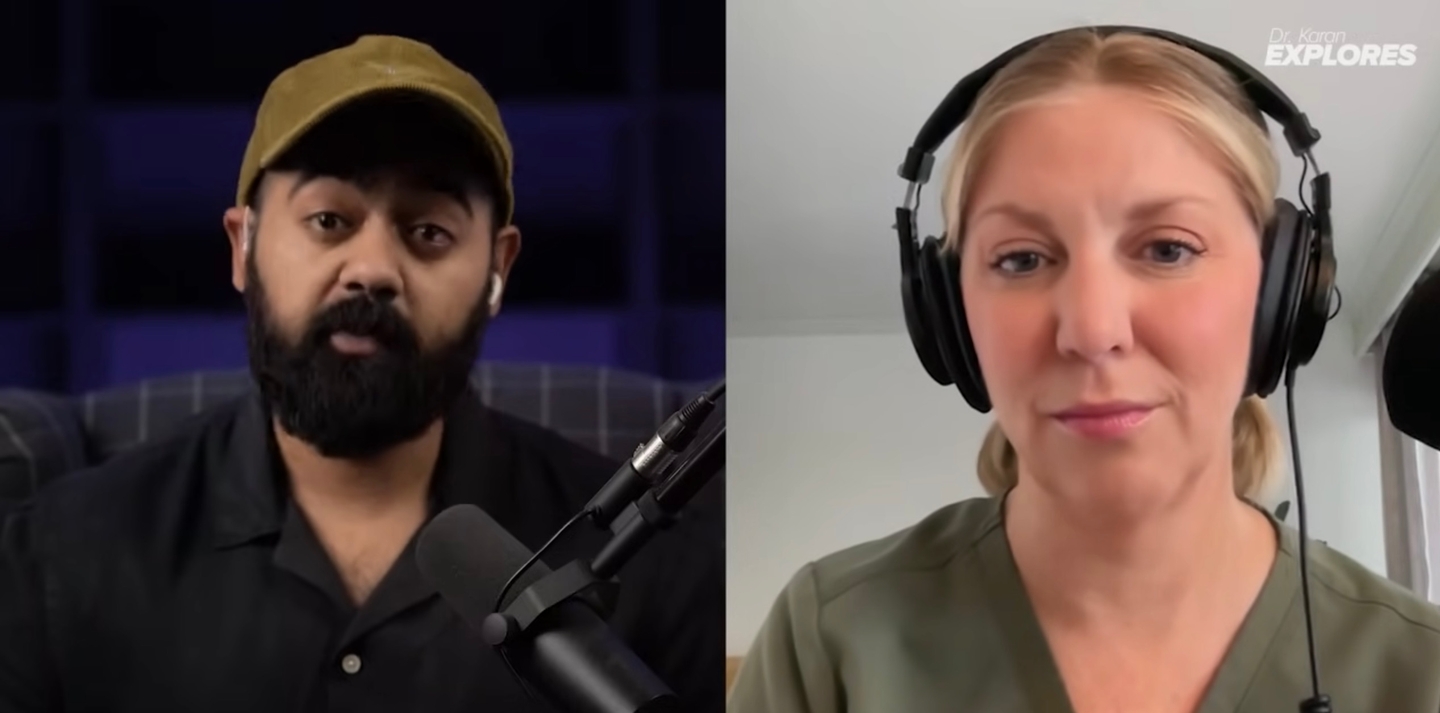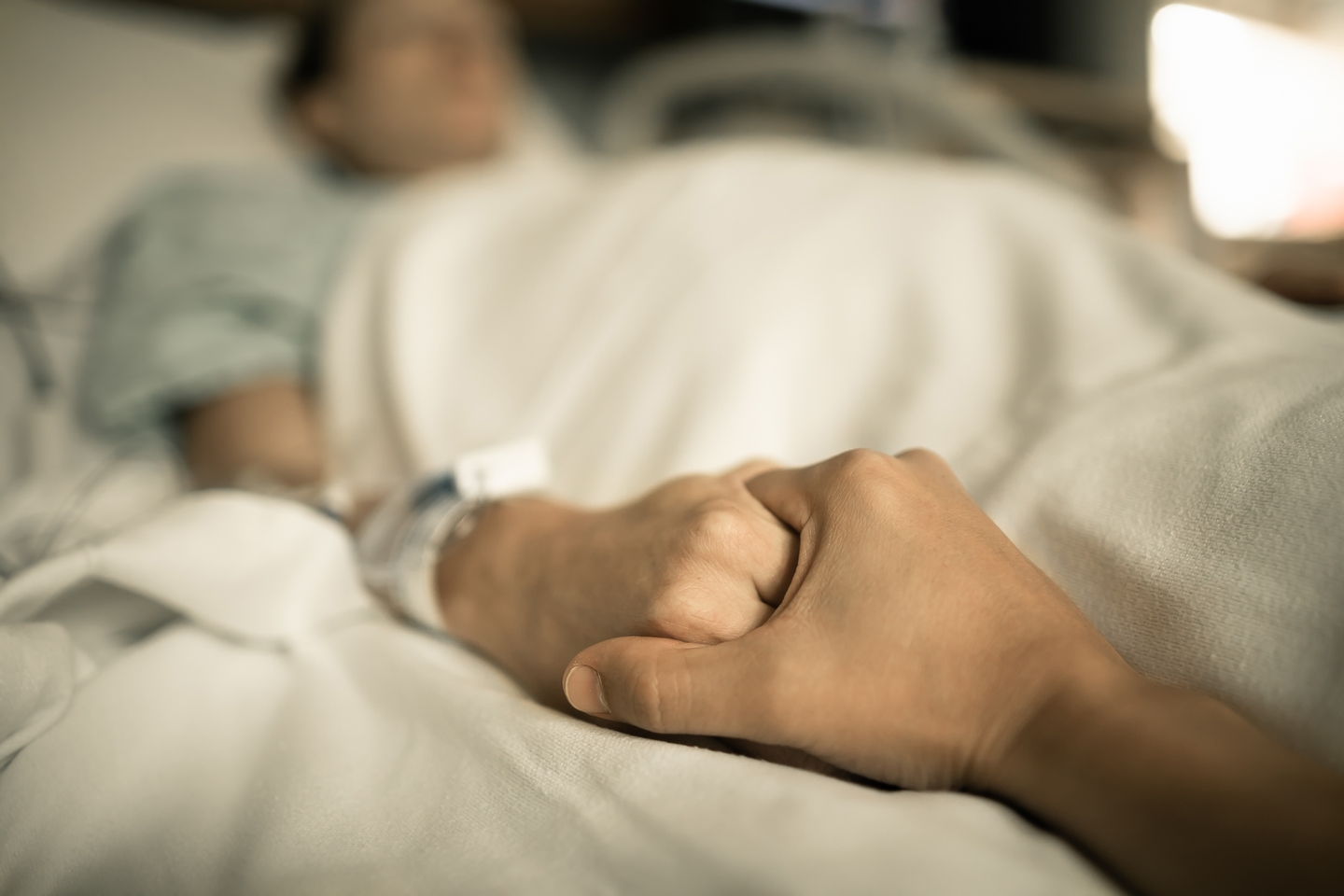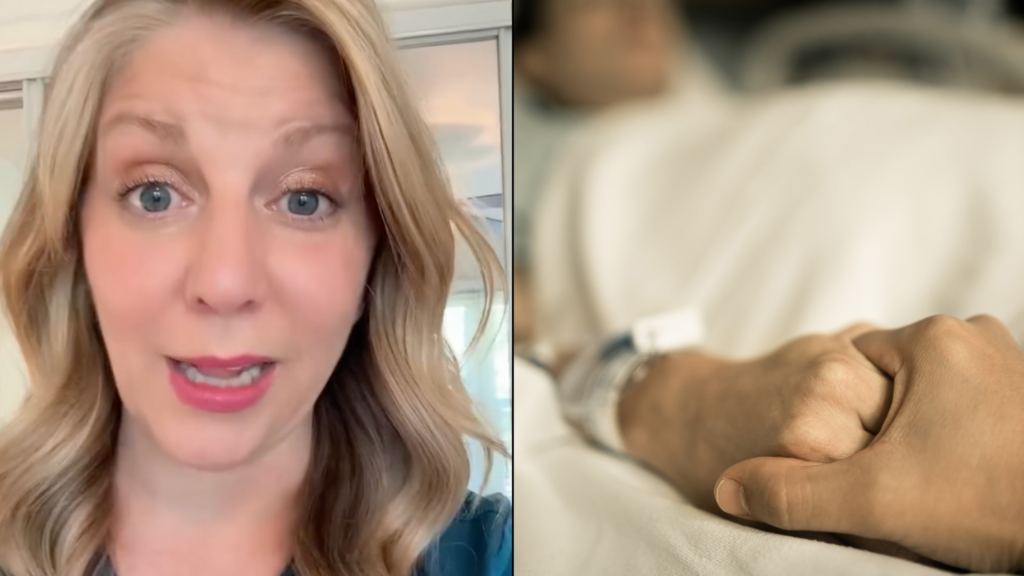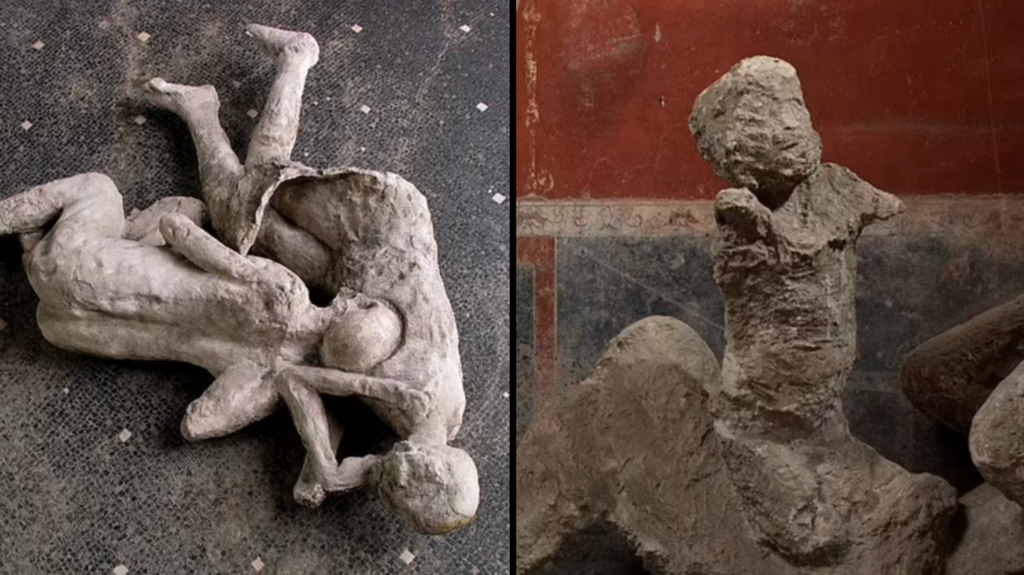When life’s final moments approach, there’s often little left to do but reflect. Those spending their last days in hospice care frequently look back on their lives, recalling cherished memories and reliving meaningful moments with family and friends.
However, not every reflection is warm or satisfying. Many also take this time to voice the regrets they carry, hoping to impart lessons that might benefit others.
Thankfully, we don’t have to wonder about what these last conversations entail. Hospice nurse Julie McFadden has shared her insights from years of experience by listening to these conversations up close.
Julie joined NHS surgeon Dr. Karan Rajan on his podcast, Dr. Karan Explores, where she opened up about her work in end-of-life care and the wisdom she’s gathered over time.
Known for inviting experts in science and medicine, Dr. Karan typically uses his platform to “cut through the BS of modern health advice.” But this time, he shifted focus to explore a perspective on life’s end through Julie’s firsthand experiences.

Based in Los Angeles, Julie has gained invaluable insights from those in their final days. She shared that as patients near the end, they often gain a kind of clarity about what truly mattered to them. It’s a perspective that can be hard to find when one is in good health.
Julie summed up the three most frequent regrets she hears from patients receiving end-of-life care.
“The first one I hear all the time is that they regret not appreciating their health while they had it,” she explained.
“The number one thing people say to me is, ‘I wish I would have understood how amazing it is to have a working body’.”
“That really sits with me and I really try to remember that every single day of my life while I have a healthy body.”
The second most common regret, according to Julie, is related to work. Many people regret spending too much of their lives focused on their jobs when they reach the end.

Julie continued with, “So, don’t work your life away – which is really easy to say, but I know it’s hard not to when you have bills to pay and things like that.”
“But most people regret that.”
So far, this advice is certainly something we can all learn from.
Lastly, Julie revealed that a common regret many patients have involves relationships. Often, they regret putting the opinions or needs of others ahead of their own.
The hospice nurse elaborated, saying: “The third thing is usually about relationships – either not maintaining ones or holding onto grudges or caring too much about what so and so thought.”
“Just not really embracing their own life and their own opinion and kind of holding on to something, or caring too much about what the neighbours think.”
Her words deeply resonated with viewers, many of whom shared that Julie’s insights offered a new perspective on what matters most in life.
Dr. Karan was similarly impacted, explaining that Julie’s first point held particular significance for him.
“That one is something which definitely hits me a lot more,” he remarked. “A few years ago, I saw a young woman come in with pancreatitis, in her 20s…within three hours, this woman is in the intensive care unit, she’s intubated, ventilated.”
“Next day, she’s passed away. And that just made me think, like wow. I’m in my 30s now, I’m 34. Life can just go in a flash.”
“So yes, truly don’t take it for granted.”
“We sometimes have this tendency to walk around like we’re immortal and immune to things and you know, we’re really not.”






